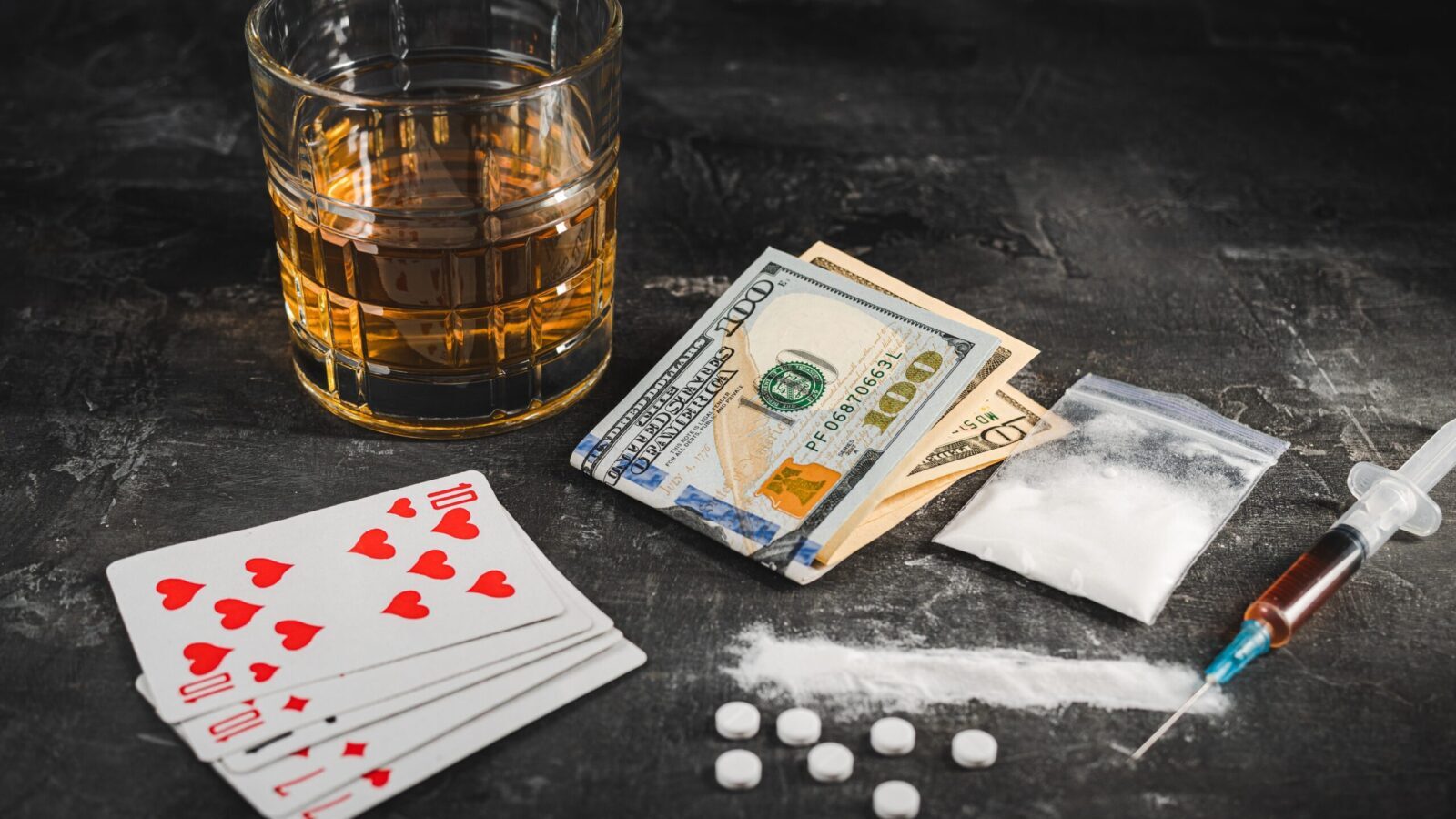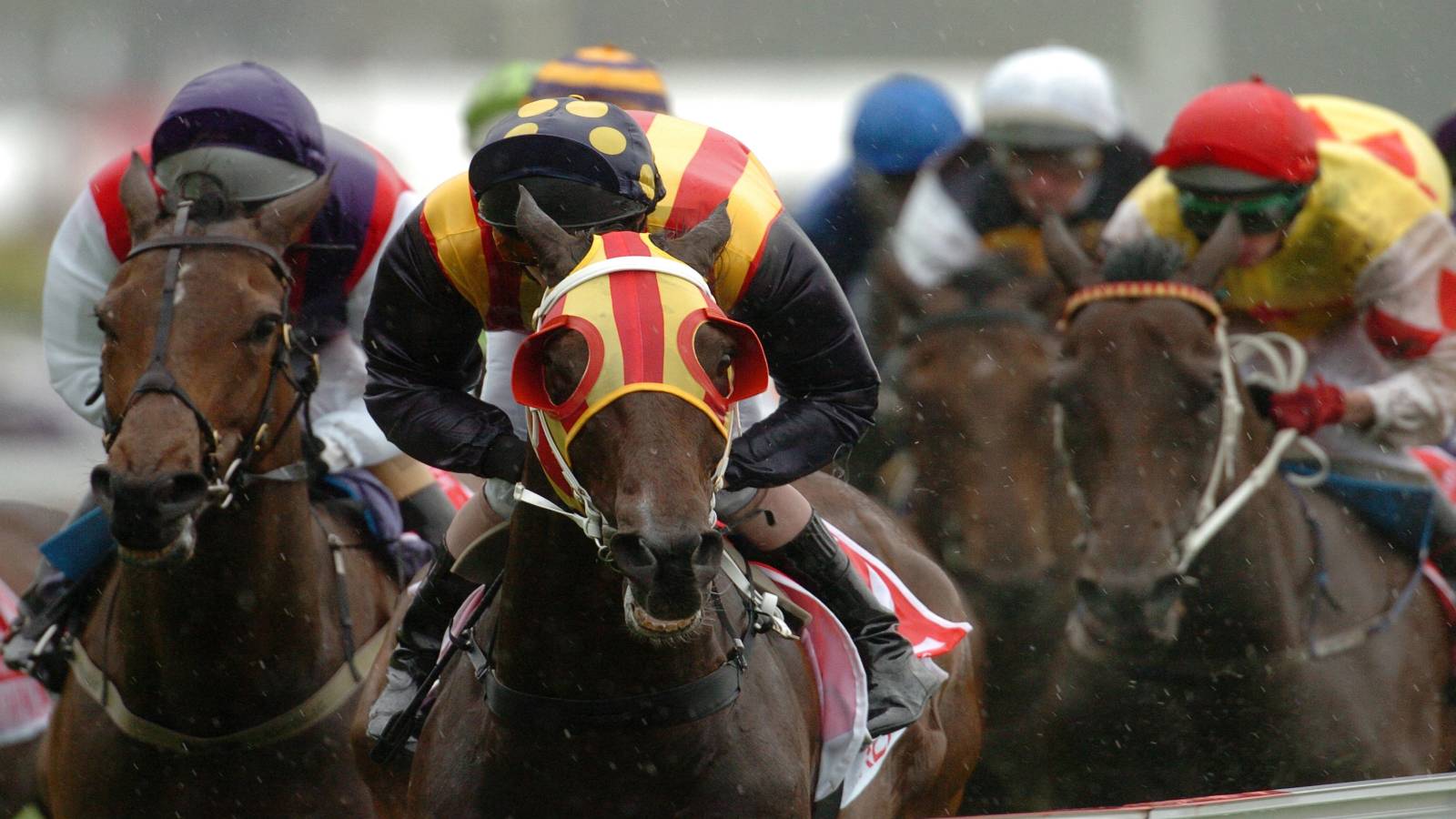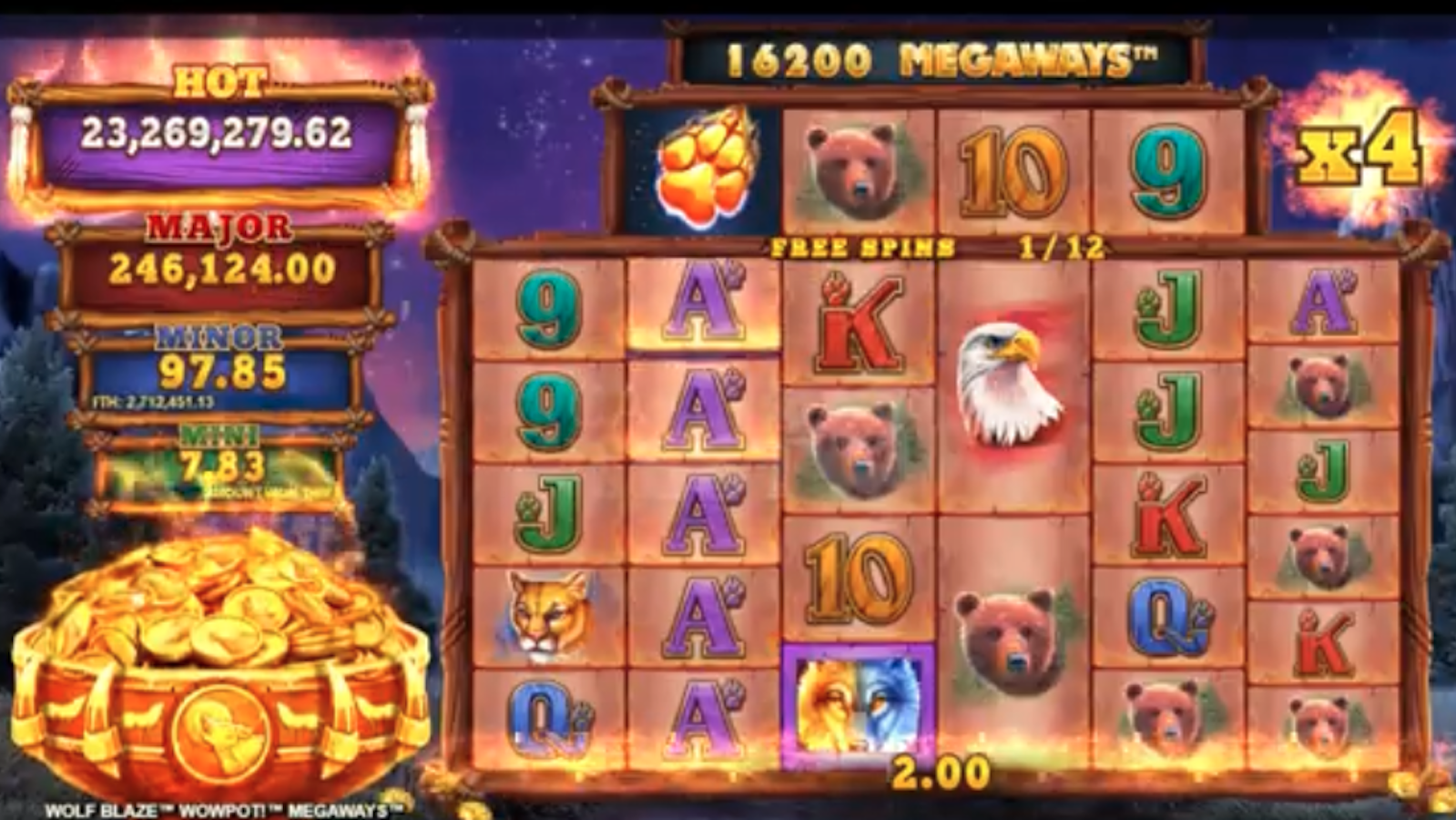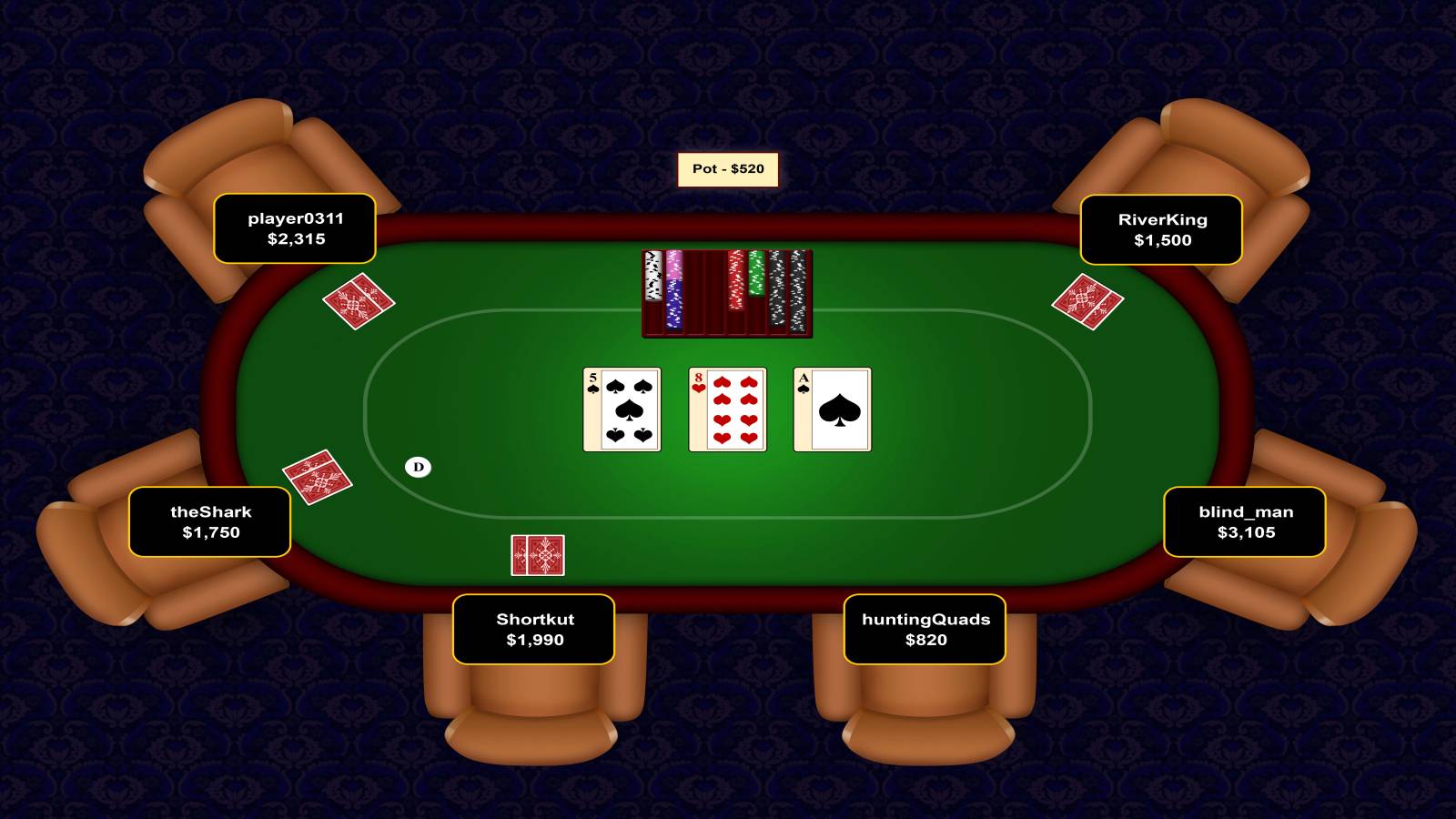What Is The Impact If Illinois Groups Problem Gambling With Substance Abuse?
Bill that passed Senate unanimously could provide more resources for gambling addiction
3 min

A bill that would change the way the state government addresses gambling addiction appears to be on the fast track in the Illinois Legislature.
Senate Bill 118 amends the Substance Use Disorder Act to classify gambling addiction as the same “serious public health problem” as substance abuse, and it gives the Department of Human Services the authority to take a more substantive and proactive approach to promoting responsible gambling in Illinois.
“It is imperative that a comprehensive and coordinated strategy be developed under the leadership of a State agency,” the bill reads. “The human, social, and economic benefits of preventing these disorders are great, and it is imperative that there be interagency cooperation in the planning and delivery of prevention, early intervention, treatment, and other recovery support services in Illinois.”
After passing the Senate unanimously on April 3, SB0118 currently sits with the House Rules Committee and hasn’t yet had a hearing. If the unanimous Senate approval is any indication, this bill doesn’t appear to be facing any legitimate opposition.
What does SB0118 change?
There are a few changes of wording to put gambling addiction on the same level as substance abuse. The start of the Substance Abuse Disorder Act is amended to say “substance use and gambling disorders” instead of just “substance use disorders.” Further, repeatedly throughout the act, “substance use disorders” is amended to simply say “these disorders” as a catch-all.
The bill is also amended to include definitions of “gambling” and “gaming.”
The most meaningful changes, however, come when the bill stipulates the authority the Department of Human Services has in working to curtail gambling disorders.
SB0118 says the DHS can:
- Create programs to help prevent and address gambling addiction.
- Provide funding for local organizations to hire community health workers or peer recovery specialists who understand the local population and can deliver services that are culturally sensitive and relevant.
- Award grants to support local gambling addiction prevention and treatment programs. Organizations eligible for these grants include local health departments, correctional institutions, hospitals, universities, community-based organizations, and faith-based organizations.
- Produce and distribute “targeted mass media materials on gambling disorder prevention and response, and the potential dangers of gambling related stigma.”
- Establish a formal gambling addiction prevention program in Illinois, with curricula and education materials to be used by various organizations across the state, including committees and even state and locally elected officials.
The bill also says the DHS shall “select a statement regarding obtaining assistance with gambling disorders” that “each licensed gaming establishment” must display and each online sportsbook must show on their “portal, Internet website, or computer or mobile application.”
‘Substantial overlap’ in conditions
There is scientific backing to classify gambling addiction as substance abuse.
The Diagnostic and Statistical Manual of Mental Disorders, a universal guide to help mental health professionals diagnose patients, groups gambling addiction among the “substance-related and addictive disorders.” That switch happened in 2013. Before, gambling addiction was classified as an impulse control disorder.
In a 2016 study published in Substance Abuse and Rehabilitation, researchers found gambling disorders had a higher-than-average prevalence among patients at clinics for alcohol abuse and drug abuse.
The researchers concluded gambling disorders share “many features across many domains with [alcohol and drug abuse disorders].”
They added: “Researchers and clinicians alike should account for the substantial overlap in these conditions when conceptualizing psychopathology for the varied purposes of designing research studies, assessing for clinical symptomatology, and planning treatment.”
In a 2015 study published in International Gambling Studies, researchers found gambling was a more common activity among the U.S. adult population (76.9% in the past year at the time) than drinking alcohol (67.6), smoking tobacco (28.7%), or marijuana use (11.2%).
The study found 17% of U.S. adults with alcohol dependence in the prior year also had gambling addiction. That percentage was 14% for those with tobacco dependence and 33% for marijuana dependence. Meanwhile, the rate of gambling addiction for the entire U.S. adult population was 4.6%.
“Given the co-occurrence between gambling and substance use/abuse, it is likely that these behaviors share common antecedent factors,” researchers concluded. “The treatment implications of problem gambling co-occurring with alcohol and other substance use disorders are especially noteworthy.
“Those substance abuse treatment programs which attempt to incorporate interventions for problem gambling may not only reduce gambling problems but they may also have benefits on substance abuse outcomes.”
‘We are breaking down barriers’
SB0118 authors want gambling addiction to receive the same amount of resources as substance abuse disorders.
In Gov. JB Pritzker’s Fiscal Year 2025 budget proposal, he allocated $7.3 billion from the general fund to the DHS.
“Gambling releases dopamine and can quickly escalate from a fun pastime to a serious issue,” Sen. Julie Morrison, one of the bill’s sponsors, said in a statement on her website. “By recognizing gambling disorder as a health condition, we are breaking down barriers to treatment and recovery.
“When gambling gets out of hand, it can have a snowball effect on a person’s life. It’s important that a system of care is in place to support individuals without judgement as they recover.”






